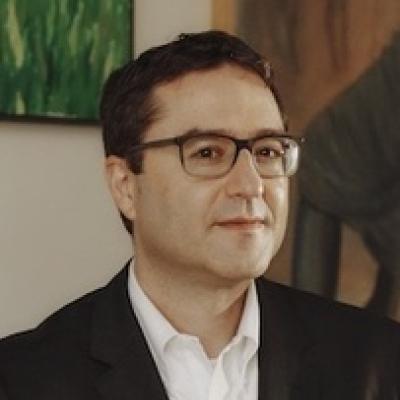
Brian Levine
Distinguished Professor
140 Governors Dr
Amherst, MA 01003
United States
Research Areas
About
Brian Levine's research and teaching focus on security in the context of the Internet and mobile systems, including topics in child rescue, privacy, blockchains, cellular networks, and peer-to-peer networking. Levine's work on thwarting child exploitation is funded in part by the Department of Justice and often in collaboration with Internet Crimes Against Children (ICAC) Task Forces. His research group's joint projects with the FBI and ICAC have had international impact, resulting in the rescue of hundreds of children from sexually abusive situations by investigators using his lab's tools.
Levine joined the Manning College of Information and Computer Sciences (CICS) at the University of Massachusetts Amherst as an assistant professor in 1999, and was promoted to professor in 2010.
He received a CAREER award in 2002 for work in peer-to-peer networking. He was a UMass Lilly Teaching Fellow in 2003, and was awarded the College of Natural Sciences' Outstanding Teacher Award in 2007. In 2008, he received the Alumni Award for Excellence in Science and Technology from the University at Albany. He served as an associate editor of IEEE/ACM Transactions on Networking from 2005 to 2010. He was the TPC co-chair of ACM MobiCom 2011, and TPC co-chair of the 2011 and 2012 Digital Forensics Research Conferences. He was awarded the Outstanding Research Award from the UMass College of Natural Sciences in 2011. In 2012, he was invited to give testimony to the U.S. Sentencing Commission hearing on "Federal Child Pornography Offenses." In 2013, he was a keynote speaker for the USENIX SYSTOR conference. In 2015, he was a keynote speaker at the annual Yahoo Tech Pulse Conference. In 2016, he was selected as a UMass Amherst Spotlight scholar. In 2017, he and coauthors received the 2017 IEEE INFOCOM Test of Time Award for a paper from 2006 that has been "widely recognized to have a significant impact on the research community." In 2019, he gave an invited talk at USENIX Security on the harmful role darknets have played in the sexual exploitation of children. In 2020, he was named an ACM Fellow: "For contributions to network forensics, security, and privacy, and for thwarting crimes against children."
